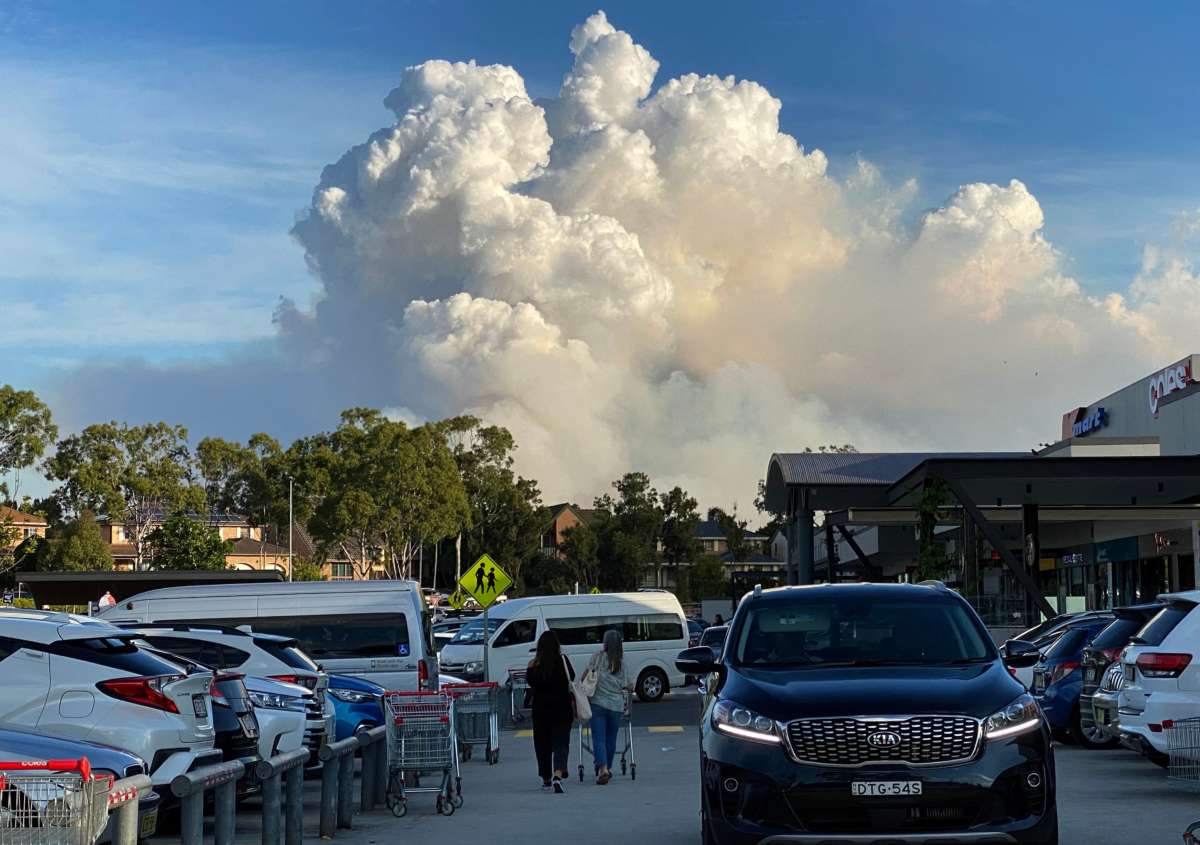Support justice-driven, accurate and transparent news — make a quick donation to Truthout today!
Scientists were stunned in early 2020 when bush fires that spread across Australia generated their own extreme weather patterns, including thunderstorms — and a study published last Thursday revealed the blazes had an even greater climate impact than previously known.
Researchers at University of Exeter in England found that aerosols from the smoke created by the fires caused the highest temperatures in the Earth’s stratosphere in decades and likely created a hole in the ozone layer over most of Antarctica.
With global fossil fuel extraction and the global heating it causes showing few signs of slowing down, extreme weather events like the bush fires are likely to continue, said the authors of the study — and with them could come more damage to the ozone layer.
“Under global warming, the frequency and intensity of wildfires is expected to increase, which would lead to more” stratospheric warming and depletion of the ozone layer, study co-author Jim Haywood told The Washington Post.
Generally, volcanic eruptions like that of Mount Pinatubo in the Philippines in 1991 are the only phenomena on the planet which change the temperature of the stratosphere.
During the bush fires of early 2020, though, the temperature of the Earth’s second atmospheric layer reached 3°C over Australia and 0.7°C across the globe.
As Tessa Koumoundouros explained at ScienceAlert, the heat-induced weather systems — called pyrocumulonimbus — caused by the fires “pumped the smoke into remarkably high altitudes, with the sun’s rays heating the dark particles and causing them to rise further, in a process called self-lofting.”
“Over the period of a month, the aerosol plume drifted across the South Pacific and was clearly detected in the stratosphere by [NASA instrument] CALIOP as well as surface-based lidars and sun-photometers operating from the southern tip of South America,” the report, published in Scientific Reports, reads.
Unusually high temperatures in the stratosphere persisted for the first four months of 2020, and the continued heating likely caused changes in atmospheric circulation and chemical reactions on the surface of the smoke particles — depleting the ozone layer.
The impact of Australia’s bush fires on the stratosphere were “unprecedented as far as the observational record goes,” Olaf Morgenstern of New Zealand’s National Institute of Water and Atmospheric Research told the Post.
The research shows that continued global heating — and the wildfires that have been linked to the climate crisis — could reverse the success of the 1987 Montreal Protocol, which pushed the global community to end its production of ozone-damaging chemicals.
“It is plausible that the good work carried out under the Montreal Protocol,” Haywood told the Post, “could be undone by the impact of global warming on intense fires.”
Matching Opportunity Extended: Please support Truthout today!
Our end-of-year fundraiser is over, but our donation matching opportunity has been extended! All donations to Truthout will be matched dollar for dollar for a limited time.
Your one-time gift today will be matched immediately. Your monthly donation will be matched for the whole first year, doubling your impact.
This matching gift comes at a critical time. As Trump attempts to silence dissenting voices and oppositional nonprofits, reader support is our best defense against the right-wing agenda.
Help Truthout confront Trump’s fascism in 2026, and have your donation matched now!
